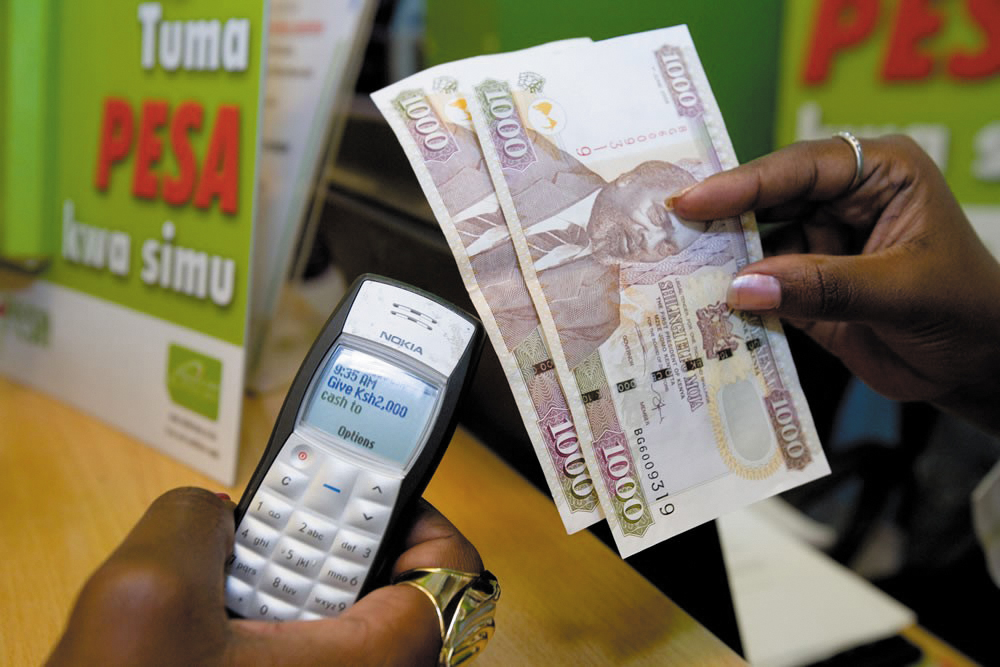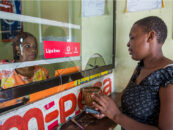Over the last couple of years, Kenya has been touted as a center for technological innovation from which highly innovative financial technologies, (fintech), have emerged. Kenya falls among top African nations that are innovators in the financial sector, only coming third after Nigeria and South Africa. The robust growth that has been experienced in the fintech landscape in Kenya has largely been attributed to the penetration of mobile telephony, as well as the general receptiveness of the country to technological innovations.
M-Pesa, a mobile phone money transfer platform, has contributed to meaningful financial inclusion besides acting as an impetus for the creation of other fintechs. Through M-Pesa, users are capable of depositing, withdrawing, transferring money and paying for goods and services using their phones. A number of fintech businesses, which have thrived in Kenya as a result of M-Pesa, include: mobile lending, mobile banking, fundraising applications, mobile payment, insure-tech, peer-to-peer lending applications, business-to-business lending, digital payment, online trade, international money transfer, online foreign exchange, online procurement, online betting and other block chain applications.
Mobile payments
The digital and mobile payment space has witnessed rapid growth in the recent past, attracting more players. Across the globe, Kenya is one of the leaders in mobile money services, after the pioneering of the M-Pesa platform 13 years ago to offer Kenyans a cheaper, effective and convenient way of transferring and receiving money.

Image showing an individual using the MPESA mobile money transfer. via Wikimedia ( By Rosenfeld Media – https://www.flickr.com/photos/rosenfeldmedia/7171804334, CC BY 2.0, Link
At the moment, M-Pesa offers a number of functionalities such as giving users options of accessing loans and savings. The other players in the mobile money space include Airtel Kenya, Telkom Kenya Ltd and Equity Bank, which offers Equitel. However, M-Pesa is the undisputed leader. A report by the Communication Authority of Kenya, which is the regulatory body for the communications sector in Kenya, indicated that in 2018, the number of total active mobile money subscriptions stood at 31.6 million whereas the total number of agents stood at 223,931. The report further noted that mobile money subscriptions represent 63.3 per cent of the total mobile subscriptions, which stands at 49.5 million. M-Pesa leads the pack trailed by Airtel, which has a total of 3.77 million subscribers based on the report by the Communications Authority of Kenya.
Digital lending
Digital lending has witnessed an upward curve with a drastic turn from conventional lending from banking institutions. Rapid adoption of online lending platforms has seen a rise in the number of mobile lenders such as Tala, Branch International, Fuliza, and Okash among others. Digital lending has been lucrative in the Kenyan markets, and this has seen almost all established banks start offering instant mobile loans. Fuliza, which was introduced by giant telecommunications company Safaricom in January 2019, is a service, which offers users an overdraft to complete transactions when they run out of funds in their M-Pesa accounts. The first month after its launch, the telco advanced Sh6 billion to users. This is just a tip of the iceberg of how lucrative digital lending is in Kenya.
Digital payment processing
In Kenya, e-commerce has recorded significant growth owing to the ever-rising middle class numbers. While Kenya is an M-Pesa nation, cards are still in use by a number of people. This has necessitated payment processing thus resulting in the entry of a number of payment processors. Some of the main players in payment processing include: Pesapal, iPay Africa, Africa’s Talking, Jambo Pay, Sapama Cash, Jenga, Lipisha, Beyonic, Flutterwave, M-payer, Kopokopo, Direct Pay Online, Wapi Pay and Cellulant. More players are keen on getting into the Kenyan market to share the lucrative returns, which are associated with digital payments.
Online Banking
Online banking allows customers to carry out a wide array of financial transactions via their bank’s website or smartphone application. Revolution in the online banking industry has resulted in the restructuring of the conventional banking model. Various banks in Kenya regard technological innovation as a key strategy, which they can use to improve their efficiency while at the same time cut on their operational costs. All banks in Kenya offer online banking channels with customers being able to transact online via banks websites or mobile phone applications.
Featured image credit: Pixabay








